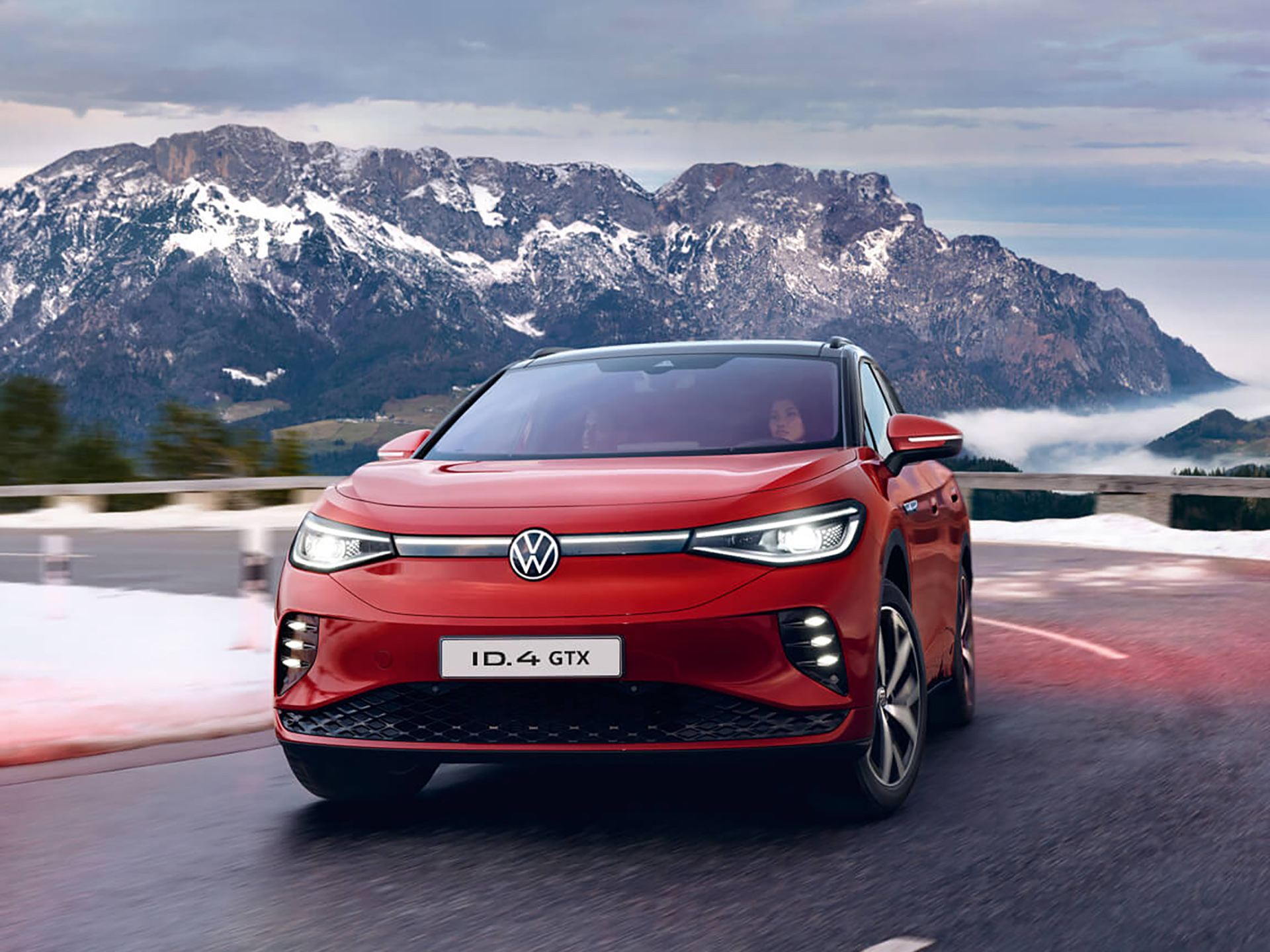Volkswagen ‘In Talks’ With Blue Solutions For Solid-State EV Battery

Volkswagen, France’s Blue Solutions reportedly aiming to co-develop solid-state electric car battery as EV makers reach for ‘holy grail’
German carmaker Volkswagen is in talks with France’s Blue Solutions to adapt Blue’s solid-state bus batteries for use in passenger cars, Reuters reported.
Volkswagen already has a solid-state battery development joint venture with US start-up QuantumScape, but development under that deal has faced repeated delays since it was signed in 2018.
VW and Blue Solutions are aiming to reach a joint development agreement in the coming months, Reuters reported, citing unnamed sources.
Blue Solutions already makes solid-state batteries for Daimler electric buses, but faces complex technical challenges in reducing those devices’ four-hour charging times.

‘Holy grail’ for EVs
VW said its QuantumScape venture was on track and declined to comment on the Reuters report.
Blue Solutions, a unit of French conglomerate Bollore, confirmed it is working on a battery for passenger cars and has development deals with BMW and another company and is in talks with an unnamed third.
The firm told Reuters it is aiming to produce a passenger car battery with a charging time of 20 minutes and to produce it in a “gigafactory” by 2029.
Solid-state batteries are considered a “holy grail” for electric vehicles as they can potentially offer longer driving ranges, shorter charging times and reduced fire risk compared with the lithium-ion units mostly in use today.

Technical hurdles
The field has attracted billions in investment over the years, but venture capital deal activity in the market fell by 72 percent year-on-year last year to $146 million (£115m), according to PitchBook, amidst a lack of progress.
The technology envisions replacing the liquid electrolyte through which the charge passes in lithium-ion EV batteries with a solid substitute, reducing a fire hazard as well as the size of battery packs, and using lithium metal for the negative terminal to increase performance.
Toyota, which introduced the Prius EV in 1997, said last July it had developed a solid-state battery prototype that could deliver a range of 745 miles on a ten-minute charge, while costing half as much to manufacture as lithium-ion batteries, weighing half and being half the size.
Mass production
The company had previously planned a 2025 mass production date for its batteries but last summer pushed the date back to 2027 or 2028.
CATL, LG Energy Solution, Solid Power, ProLogium, Honda and Nissan all have solid-state battery plans, but Tesla, the world’s second-biggest EV maker after China’s BYD, has not yet announced any development plans in the field.
